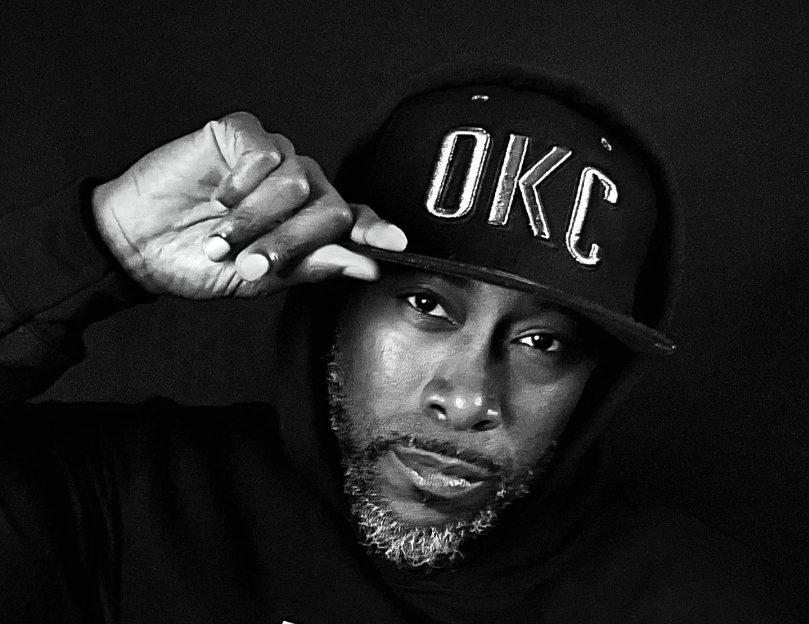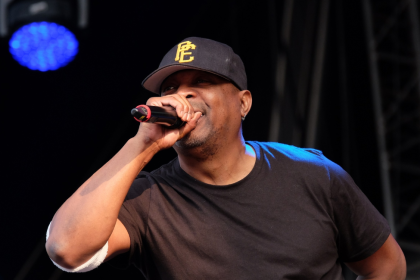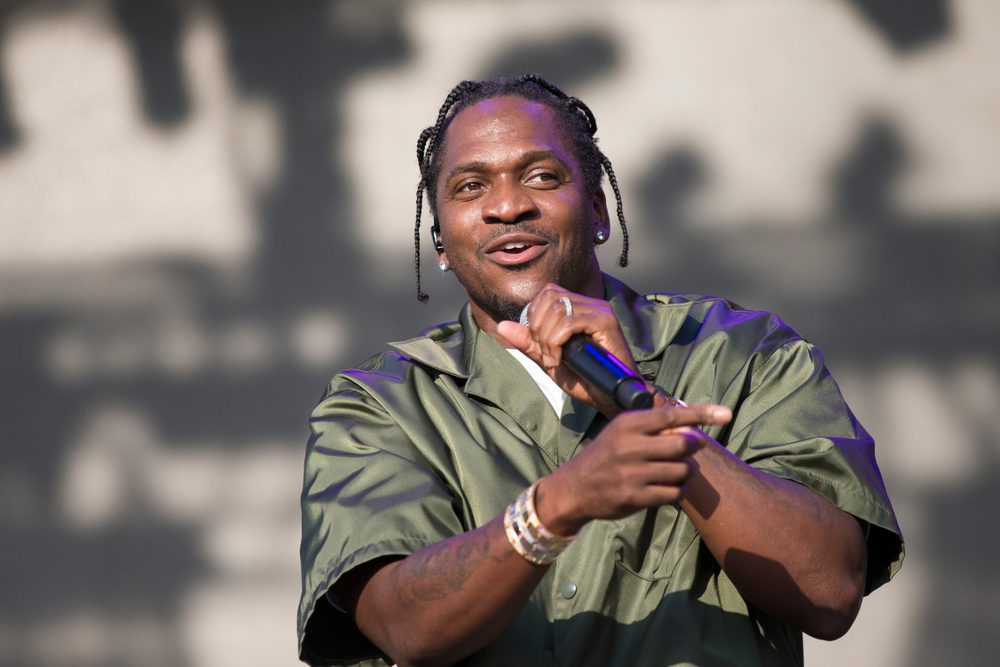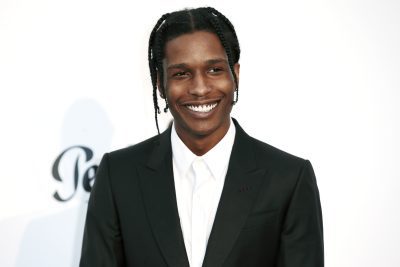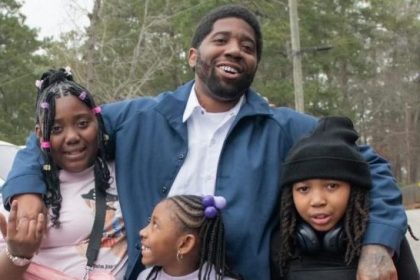For most of the nation, Juneteenth became a recognized celebration after the racial violence witnessed with the murder of George Floyd. However, for Jamal James and others who grew up in Oklahoma and Texas, Juneteenth was an anticipated yearly event that his entire community prepared for and enjoyed participating in.
An artistic child, James attended a performing arts high school where his appreciation for lyricism was nurtured. The community of Oklahoma City, a sister city of Black Wall Street, was full of cultural reminders of the past. Inspired to educate his community, James worked on his wordplay and was soon recognized as a lyrical force in music and community programs. He started a nonprofit in Oklahoma City called M.A.C. Entertainment that encourages young people to use art to express themselves in a positive light. M.A.C. Entertainment also gives school supplies, haircuts, and other items and services every year for school and hosts several events celebrating community throughout the year.
James felt a need to do something to attract a national audience to celebrate Juneteenth, so he penned a song that encapsulated the angst, frustration and passion so many felt during 2020.
“I don’t want people to forget that feeling,” he said. “Many of us have gone on to the next thing, and it isn’t a priority in our heads anymore. [However], we do a disservice to our community if we go back to business as usual. We can’t allow injustice to prevail. We have to keep fighting until there is no longer a need to fight. I grew up a couple of hours from Black Wall Street. I saw firsthand what racism did to that community, to the spirits of those people and so many of us. It’s not OK — until America makes it right.”
The Juneteenth anthem, “Black in Amerikkka,” is not only a culmination of the criminal racist behavior over the last few years but a combined summary of James’ personal journey growing up in Oklahoma, being one of the few black students at The University of Tulsa and then relocating to the birthplace of the civil rights movement to follow his dreams.
“Growing up in Oklahoma and seeing what was done to our community in the past — and then relocating to Atlanta and seeing the progression and entrepreneurial spirit of the future — is what has created this fire within me. My goal with this anthem is to light that fire in people of color across the country,” he said.


